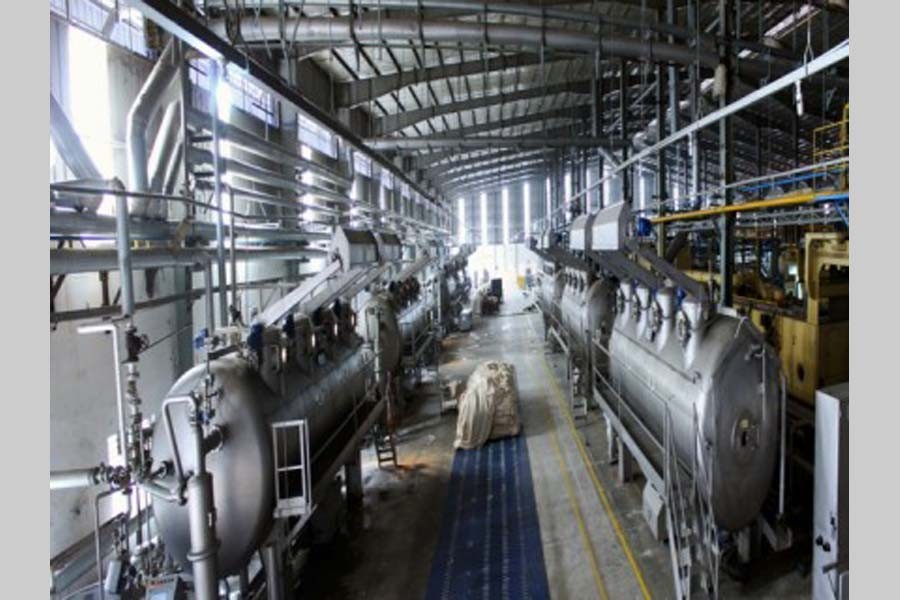Although belated, the move by the Department of Inspection for Factories and Establishments (DIFE) to bring within its scope of work remediation of plastic and chemical factories in addition to readymade garment (RMG) factories is appreciable. No doubt, there are a large number of plastic and chemical production units spread out all over the country most of which run in hazardous conditions and are in dire need of safe working atmosphere. Also, there are a good number of RMG factories, mostly small, which were not included in the remediation programme of Accord and Alliance representing overseas garment retailers of the EU and the USA. These small garment units which run mostly on subcontracting do not have direct link with the overseas retailers. These factories, marginalised on many counts, do contribute considerably to boost export of apparels and apparel products, through their indirect mode of operation. Since they are not direct exporters, they were left out of inspection and remediation. However, the government does have a responsibility to ensure that they operate in a safe working environment which eventually will enable them to resume operation either for direct exporting or for subcontracting, whichever they find convenient.
Inclusion of plastic and chemical factories in the remediation programme was long overdue. While dealing with toxic materials in tiny, crammed spaces without safety measures is harmful for all working in these factories, a more threatening feature that keeps threatening them is that of fire-related accidents. One may recall the scary fire incident that erupted from a chemical factory in the old part of the capital a few years ago destroying an entire neighbourhood and killing dozens of people. Although there is no clear picture of numerous such units spread across many parts of the country, it is true that they exist without any overseeing authority to rein in the dangerous manner in which they operate. If the task is carried on with a roadmap to ensure safety and improve the working conditions, these units would surely be in a position to raise their productivity. Suffice it to say that beside being a perpetual threat to the workers employed in these factories, they contribute hugely to pollute and degrade their neighbourhoods with waste and harmful smoke.
It has been gathered that the DIFE, the designated authority formed following two horrifying factory disasters a few years ago, has undertaken a project for bringing 654 RMG factories which remained outside the inspections conducted by Accord and Alliance and 445 plastic and chemical factories under safety inspection. A total of around three hundred thousand workers are employed by these factories --the majority of whom by the RMG units. Success of the project would depend on the availability of sufficient funds, and to see to it that the fund is there. The DIFE should devise phase-wise programmes under the project with clear objectives. Also, it is important to enforce rules to ensure that the factories, especially those of plastic and chemicals, are removed from residential locations.


